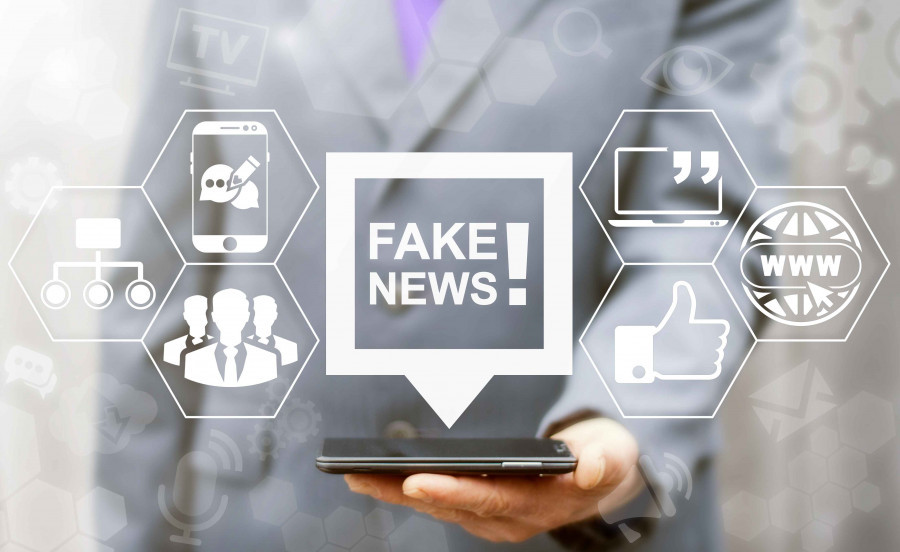Editorial
Gravitating to your biases
People don’t seem to find or look for news anymore; instead, it’s the news that finds them.
The advent of the internet could arguably be called one of the greatest inventions of the modern era. We’ve seen whole businesses and industries that seemed impossible to imagine even 10 years ago spring up. In a matter of a few years, they have become leading business houses generating income in the billions. From ordering your favourite meal to effortlessly booking your trip with a press of a button, it would not have been possible but for the technological advancement, we have managed to achieve in such a short period.
While the benefits of the worldwide computer network seem to outweigh the drawbacks concerning ease of doing business, the ills, particularly with disseminating information, haven’t gone unnoticed. The process of dissemination of information, which primarily rested on the established print and broadcast media, is now experiencing dilution of power to a point never experienced before. Everyone and anyone with a phone and an internet connection could virtually broadcast their message, and the repercussions can be felt almost instantaneously. Social media platforms have given a voice to people who may otherwise never have had the opportunity to express themselves through the established print or broadcast media.
But since there is no way to verify the authenticity of content being posted on the platforms, the damage it inflicts can be compared to the adage of shooting first and asking questions later. The ramifications of a fake news campaign will have driven home the message to hordes of unsuspecting people glued to the media before they venture out to authenticate the source of a misinformation campaign against an individual or a group. After all, how many of us care to verify the truth behind content that we devour rather gleefully at the expense of those being attacked?
There is talk that the platforms that provide these services often turn a blind eye to managing content in the name of free speech. It wasn’t until media houses in the United States and the United Kingdom broke the news of the link between Facebook and a little-known data-mining firm called Cambridge Analytica and exposed the depth of targeted manipulation of information to achieve the desired ends for a select group. The disinformation campaign we witness before an election or just before a landmark event in the country still looks to threaten the foundation upon which it stands—the principle of free speech.
The perception that people go to the web to look for information that interests them is somewhat naïve. People don’t seem to find or look for news anymore; instead, it’s the news that finds them. One tends to gravitate towards one’s biases and eventually fall prey to nefarious campaigns doing the rounds of various platforms. Despite all the ills, it would be grossly unfair to downplay the benefits we have gained, whether social or business. But the need of the hour is to act with maturity and some degree of responsibility. What seems necessary is the filter of rationality before we allow any unruly piece of news to consume our thoughts.




 8.79°C Kathmandu
8.79°C Kathmandu














